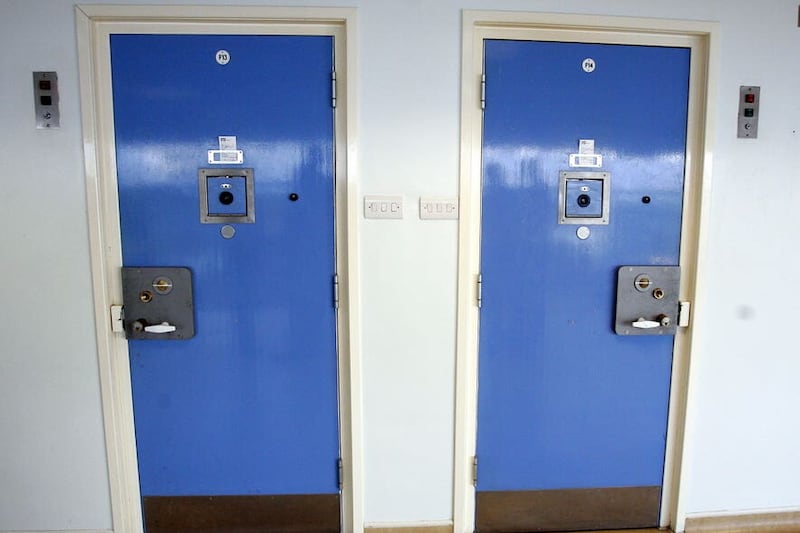IN a ground-breaking move, the Probation Board (PBNI) has begun to deliver domestic violence programmes before people even enter the criminal justice system.
Police figures show one 'incident' being reported every 17 minutes, reaching a record high of almost 30,000 last year.
Probation has traditionally been confined to that ordered by a court for an offender as an alternative to prison or for a period after they leave jail.
However, three in five domestic violence offences are not prosecuted due to "evidential difficulties", with partners often reluctant to press charges and give statements.
The PBNI has begun pre-emptive work, with a two-year pilot in Derry which has already seen 33 men - who have not been arrested or convicted - complete a programme to address their behaviour.
The results have been so positive that it is now being rolled out across Northern Ireland.
Sixty men are being targeted for the first tranche, with an intensive programme designed to break the cycle of abuse and violent offending.
Partners are also given specialist support from trained psychologists.
"It has been running in the Western Trust for two years, with individuals being flagged up by social services," Geraldine O'Hare, PBNI director of rehabilitation said.
"It is about recognising people that haven't reached the justice system, but are about to if we don't provided intervention at this time.
"Justice and health (departments) have funded us to do this specific pilot in Derry, in partnership with Women's Aid, the judiciary and the trust.
"We set up a team in the north-west who were going to deliver this intervention to individuals who have been brought to the attention of the trust. These men would be fathers of children where social services had a role.
"They would be offered the opportunity to undergo this domestic violence programme in order to address their behaviour. We have had huge successes.
"There are fewer women potentially going to A&E, fewer children on the child protection register and more children ready to play and go to school. Justice will also see the benefits somewhere along the line as well as improving health outcomes.
"We're very interested in here and now outcomes that are impacting and changing people's lives."
According to Dr O'Hare, the future of probation is not only pre-emptive but "inter-generational" in both impact and approach.
"We can break that cycle. As a result of that programme in Derry we are reaching teenagers have been part of a family where domestic violence has been inflicted and it has turned from child to parent and child to grandparent domestic abuse.
"It's putting safety plans in place and helping them to understand domestic abuse and the impact it has had on their development. It has been a year and been a real success, turned children's lives around."








